Sarah Keyeski, Wisconsin State Senator for 14th District | Facebook
Sarah Keyeski, Wisconsin State Senator for 14th District | Facebook
According to the Wisconsin State Legislature's official website, the bill was described as follows: "stipend payments for school social worker interns and making an appropriation. (FE)".
The following is our breakdown, based on the actual bill text, and may include interpretation to clarify its provisions.
In essence, this bill requires the Department of Public Instruction to provide stipends to individuals who are enrolled in undergraduate or graduate programs leading to licensure as school social workers and who are placed as interns in public schools governed by a school board. It allocates $2 million annually for this purpose, beginning in the 2026-27 school year. The bill takes effect the day after publication or on the second day following the publication of the 2025 biennial budget act, whichever is later.
The bill was co-authored by Representative Robyn Vining (Democrat-13th District), Senator Kristin Dassler-Alfheim (Democrat-18th District), Senator Dora E. Drake (Democrat-4th District), Senator Dianne H. Hesselbein (Democrat-27th District), and Senator Chris Larson (Democrat-7th District). It was co-sponsored by Representative Clinton M. Anderson (Democrat-45th District), Representative Margaret Arney (Democrat-18th District), and Representative Mike Bare (Democrat-80th District), along with 32 other co-sponsors.
Sarah Keyeski has authored or co-authored another 55 bills since the beginning of the 2025 session, with all of them being adopted.
Keyeski graduated from Luther College in 1993 with a BA.
Keyeski, a Democrat, was elected to the Wisconsin State Senate in 2021 to represent the state's 14th Senate district, replacing previous state senator Joan Ballweg.
In Wisconsin, the legislative process starts when a senator, constituent, group, or agency proposes an idea for a bill. After drafting, the bill is introduced, numbered, and referred to a committee for review and public input. If approved, it moves through three readings and votes in both the Senate and Assembly. Once both chambers pass the same version, the bill goes to the governor, who can sign it, veto it, or let it become law without a signature. Only a small share of bills introduced each session ultimately become law. You can learn more about the Wisconsin legislative process here.
| Bill Number | Date Introduced | Short Description |
|---|---|---|
| SB340 | 06/27/2025 | Stipend payments for school social worker interns and making an appropriation. (FE) |
| SB322 | 06/12/2025 | A Department of Children and Families program to make payments to child care programs, granting rule-making authority, and making an appropriation. (FE) |
| SB309 | 06/04/2025 | Immunity for 911 call centers and dispatchers that transfer callers to the national 988 Suicide and Crisis Lifeline |
| SB251 | 05/09/2025 | Cost-sharing caps on prescription drugs and medical supplies to treat asthma under health insurance policies and plans. (FE) |
| SB208 | 04/16/2025 | Prohibiting hedge funds from acquiring single-family homes in this state. (FE) |
| SB160 | 03/27/2025 | Designating the Tom Diehl Memorial Highway. (FE) |
| SB148 | 03/21/2025 | The right to repair agricultural equipment, and providing a penalty. (FE) |
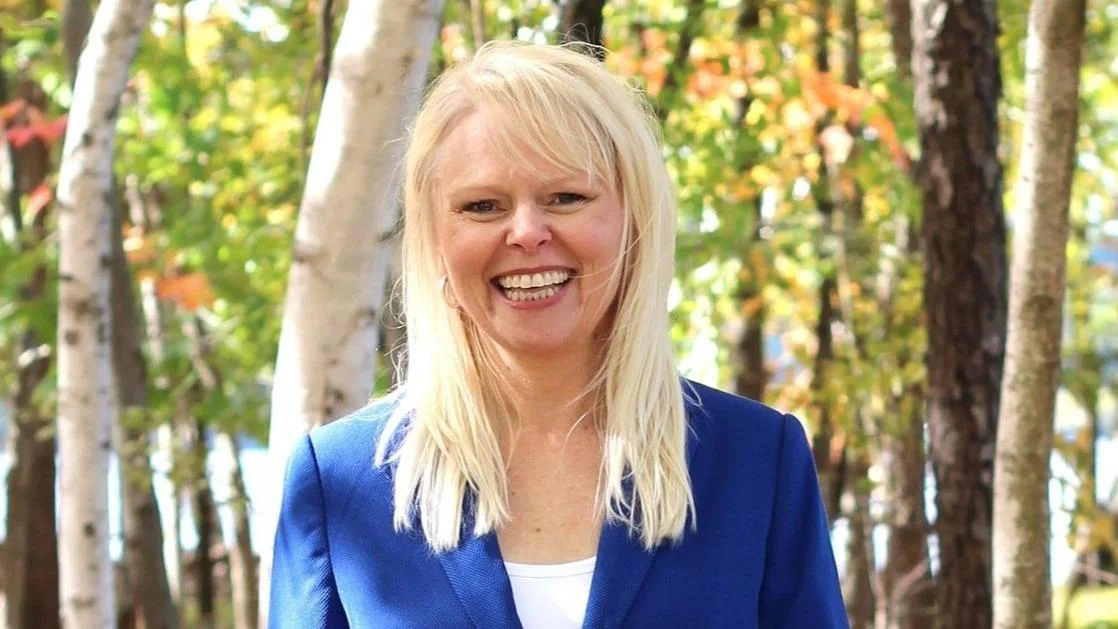
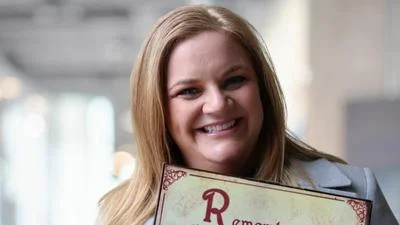
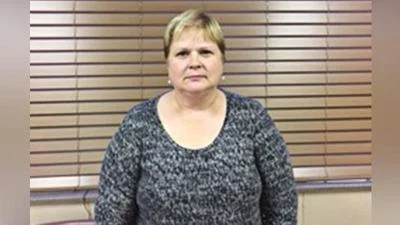

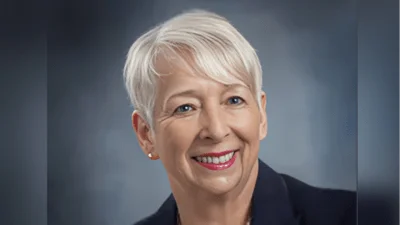
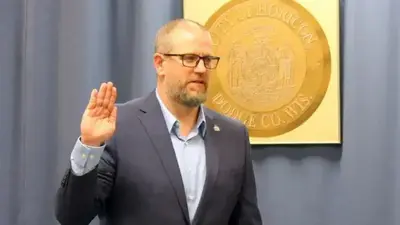
 Alerts Sign-up
Alerts Sign-up